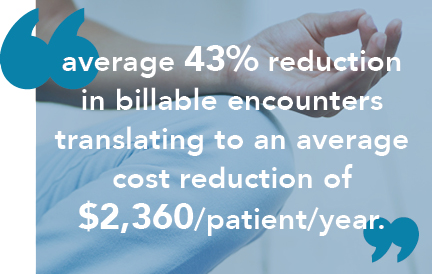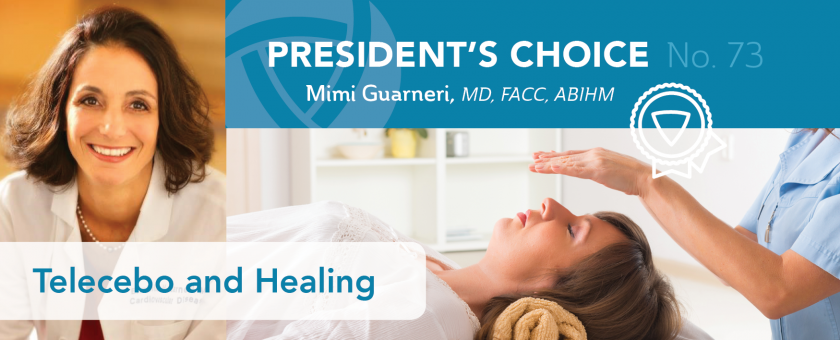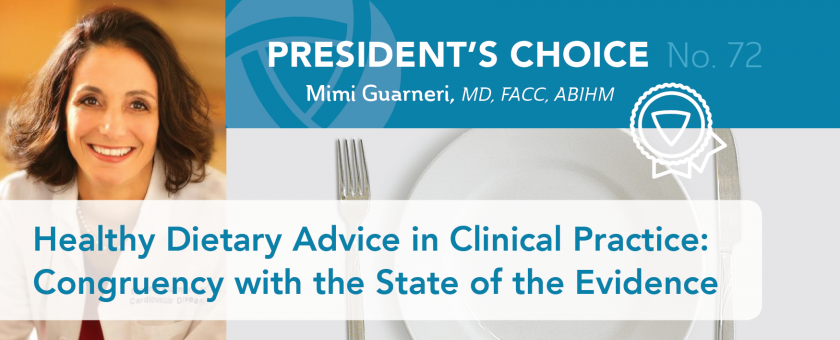In this President’s Choice, I share an article published in one of my favorite literature databases, the Public Library of Science (PLoS), which many of you are familiar with as an open access, peer-reviewed source of scholarly research. And this topic is near and dear to our hearts: Relaxation Response and Resiliency Training and Its Effect on Healthcare Resource Utilization, by multiple authors, including noted authority on the relaxation response, Dr. Herbert Benson.
 To determine whether mind-body interventions could reduce healthcare utilization across a broad population of patients with a range of different health conditions, the authors examined the healthcare utilization of a large and diverse cohort of patients (n=4452) who participated in relaxation response resiliency training, compared to a very large cohort of controls. The intervention group was any patient referred to the MGH Benson Henry Institute who underwent the relaxation response and resiliency training in a group or individually during the 2006–2014 study period. The utilization rate was defined as the number of billable encounters and services used over the course of a year.
To determine whether mind-body interventions could reduce healthcare utilization across a broad population of patients with a range of different health conditions, the authors examined the healthcare utilization of a large and diverse cohort of patients (n=4452) who participated in relaxation response resiliency training, compared to a very large cohort of controls. The intervention group was any patient referred to the MGH Benson Henry Institute who underwent the relaxation response and resiliency training in a group or individually during the 2006–2014 study period. The utilization rate was defined as the number of billable encounters and services used over the course of a year.
Utilization rates were compared before and after within the intervention arm and before and after against the control arm.
Their results were dramatic!
The most significant result with regard to utilization was for the whole group an average 43% reduction in billable encounters for intervention patients across all functional categories (p = <0.0001) with a relative reduction of 45.1%, which translates to an average cost reduction of $2,360/patient/year.
The implications are so potent. The authors conclude by making the following policy recommendation:
“The data suggests that the intervention should be applied to all at risk populations, since the intervention has minimal risk, minimal cost and yields substantial benefits for patients with a wide variety of illnesses. The long-term effect of these interventions on healthy populations is unclear, but the data suggests that mind body interventions should perhaps be instituted as a form of preventative care similar to vaccinations or driver education. Such interventions are likely to be useful in population management and supported self-care, have negligible risk and cost and may help reduce the demand curve in healthcare. While the risk benefit ratio of this intervention is very favorable to further elucidate the effect size a prospective evaluation is called for.”
Yes! The relaxation response should comprise foundational care…and it should start with each of us and reverberate through our conversations with our patients and clients, one at a time.
Blessings on your journey,
Mimi Guarneri, MD, FACC, ABIHM
AIHM President






